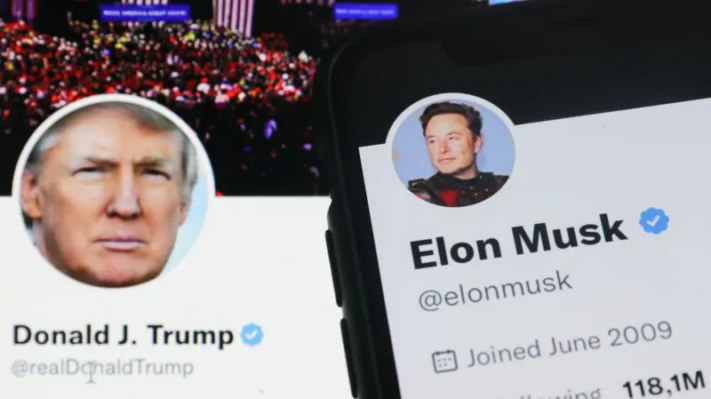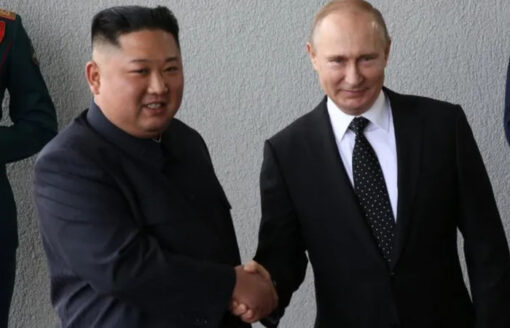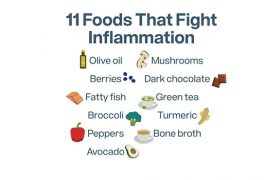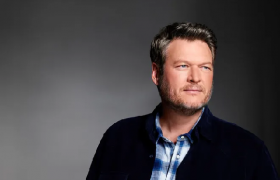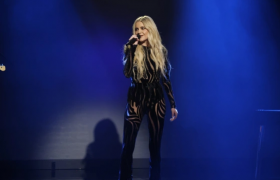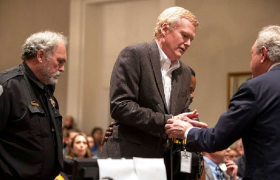They didn’t like each other at first. In fact, just a while ago, they weren’t on good terms. In July 2022, Elon Musk tweeted, “I don’t hate the man, but it’s time for Trump to step down.” This was after Donald Trump had insulted Musk, basically calling him a liar. Trump accused Musk of lying about who he voted for in the last presidential election.
Trump even told a crowd that Musk wasn’t going to buy Twitter. But a few months later, Musk did buy Twitter and endorsed Ron DeSantis, Trump’s Republican rival. DeSantis even launched his presidential campaign with a shaky chat on Twitter Spaces.
But recently, Musk and Trump seem to be getting along much better. On Monday, they are expected to have a friendly chat. We don’t know the exact time, format, or length of the conversation yet, but it’s likely to be broadcast on Musk’s renamed platform, X.
Both Musk and Trump hope that this interview will reach a wider audience and avoid the technical problems that affected DeSantis’s campaign launch. The relationship between the tech mogul and the Republican nominee has been developing for some time now.
Blue to red
Elon Musk, who became a U.S. citizen in 2002, has said that he mostly voted for Democrats for many years. However, he became unhappy with President Biden due to issues like unions—Musk opposes unionizing his car workers—and because he was not invited to the 2021 White House electric vehicle summit, even though Tesla is one of the world’s largest EV makers.
During Biden’s administration, Musk’s companies also faced several federal investigations related to employment practices, his purchase of Twitter, and claims about Tesla’s autopilot feature.
In November 2023, Musk told a New York Times interviewer that he wouldn’t vote for Biden again, but he didn’t fully support Trump either, saying, “This is definitely a difficult choice here.”
After buying Twitter, Elon Musk lifted the ban on former President Trump’s account. More importantly, during his time running the company, Musk has increasingly focused on issues that align closely with Trump’s campaign, such as government censorship, media criticism, opposition to immigration, and anger at “woke” ideas.
Ryan Broderick, who writes the internet culture newsletter Garbage Day, described Musk as someone who craves attention and changes his political stance to fit the moment. Broderick noted that Musk’s online behavior changed significantly a few years ago. “He used to tweet positive, liberal messages, like pride flags and optimistic thoughts, until around 2018, when his tone shifted dramatically,” he said.
Since taking over Twitter, Musk has become more involved in political controversies and has shared inflammatory—and sometimes outright false—news stories.
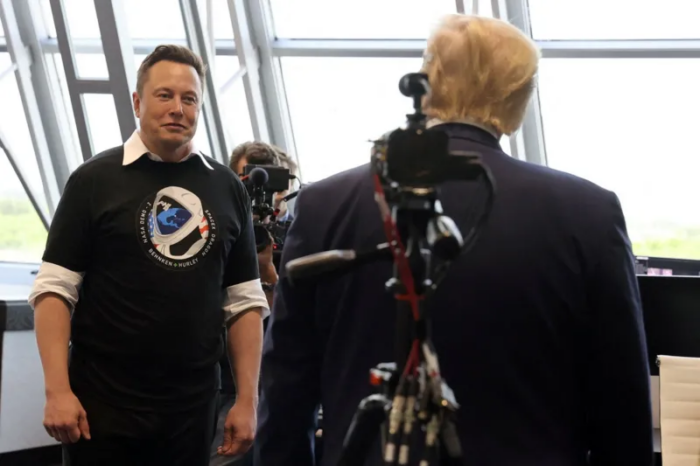
During recent riots in the UK, Elon Musk clashed with Prime Minister Keir Starmer, claiming that “civil war is inevitable” and even sharing a fake post about “detainment camps” on the Falkland Islands. Musk also supported Trump’s claims—without any evidence—that election fraud is widespread in the U.S.
Research by the Center for Countering Digital Hate, an organization Musk tried to sue (a case that was dismissed earlier this year), found that Musk has tweeted false or misleading claims about voting 50 times so far this year. Additionally, he frequently interacts with fringe, far-right figures and pro-Trump accounts on his platform, boosting their influence.
Trump’s Tech Fans
Elon Musk’s connections in Silicon Valley also link him to Trump’s inner circle. He was part of the “PayPal mafia,” a group of early PayPal stakeholders who became successful investors and business leaders after the company was sold for $1.5 billion. One notable member is Peter Thiel, PayPal’s founder and a significant Republican figure. Thiel later employed JD Vance at his venture capital firm and donated $10 million to Vance’s Ohio Senate campaign.
In March, Musk met with Trump at his Florida resort. A few months later, Musk hosted an “anti-Biden” dinner party, attended by Thiel and Rupert Murdoch, according to U.S. news reports.
Musk has previously donated to both Democratic and Republican politicians. While he claims he isn’t directly supporting any presidential campaign, he recently co-founded a pro-Trump political action committee (PAC) called America PAC. PACs can spend large sums to support candidates and causes, though Musk has dismissed reports that he would contribute $45 million a month to the PAC as exaggerated.
Musk’s support for Trump became clear just minutes after last month’s assassination attempt on the former president, when he tweeted, “I fully endorse President Trump and hope for his rapid recovery.”
Trump seems to have patched things up with Musk. At a news conference on Thursday, Trump said, “I respect Elon a lot. He respects me.” He added, “Elon, more than almost anybody I know, loves this country. But like me, he says this country is in big trouble, in tremendous danger.”
Musk has become a hero to a group of young, mostly male supporters online, who might share Trump’s views but are reportedly less reliable voters. The Trump campaign seems to be targeting this demographic. For example, Trump recently did an interview with “edgy” podcaster Adin Ross, who has been repeatedly banned from Twitch for violating the site’s conduct policies.
Ryan Broderick noted that Trump is trying to find ways to energize his campaign. “He’s a showman and understands that Elon Musk has similar instincts,” Broderick said. However, he questioned whether the two would get along in person, suggesting, “I assume they will talk at and around each other, and it will probably not make much sense. And maybe somebody will say something crazy.”
The TWT reached out to X (formerly Twitter) and the Trump campaign for comment. The interview is expected to go live online at 8:00 PM ET on Monday (1:00 AM BST).
Published: 12th Aug 2024
Also Read:
The Boyfriend: How TV shows are finally getting gay dating right
Hamas political leader Haniyeh killed in Iran, raising fears of wider war
Top 10 Countries with Most Powerful Military Strength 2024
